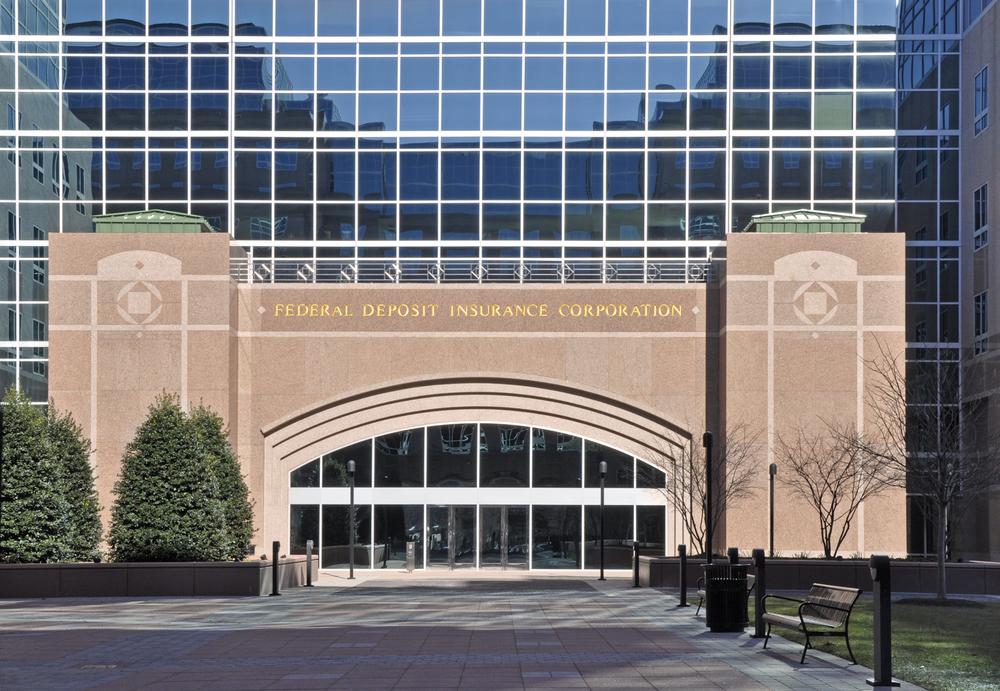Everything You Need To Know About An FDIC Insured Account
Federal Deposit Insurance Corporation, FDIC is the independent agency of the US government, which is responsible for protecting the funds placed in the bank by the public. This agency insures money deposited in banks and other types of savings associations. Credit Unions are insured by National Credit Union Administration (NCUA). FDIC is so efficient in its working that not a single resident has lost his/her money that was placed in the FDIC insured funds since 1933.

Read more to know about FDIC insured accounts and their working.
What is an FDIC insured Account?
An account in a bank, which is protected by FDIC is known as an FDIC insured account. It is a government agency that provides insurance on the money deposited in banks and other financial institutions. The FDIC functions by collecting a Deposit Insurance Fund (DIF) from all banks. This money is used to cover the losses in the situation where the bank fails. This money is used to match the deposit amount in the bank and is returned to the depositor.
You might also like : How To Avoid Unwanted Bank Fees And Charges
How does the FDIC function?
Not all banks and accounts are FDIC insured. Before the FDIC decides to ensure a bank, it analyses the bank’s financial strength, and whether it will be able to survive the modern banking environment. It also checks the quality of the service, types of employees, the bank’s capital, and the bank’s future prospects before taking a call. The bank is then put in a risk group, which further decides the premium that the bank has to pay to the FDIC.
Types of accounts covered by FDIC
- Checking account
A checking account is also known as a current account, which is used by individuals for their regular transactions. Most salary accounts are checking accounts wherein a deposit is made every month and the money is spent over the time using online transactions, writing checks, and by withdrawing from ATMs. These accounts are FDIC- insured in most banks. - Savings account
A savings account is an account used to save money. A customer cannot withdraw money from this account and there is a fixed interest rate on these accounts. The interest rate on savings accounts varies from bank to bank. Most national and local banks have FDIC insured savings accounts. - Money Market Account (MMA)
MMA is a type of savings account that earns higher interest rate as compared to the savings account. Most banks fix the minimum deposit amount for these accounts and this amount is usually higher than the requirement of the savings account. The same applies to the balance maintenance in this account. All the big and small banks have FDIC insured MMAs. - Time deposit account
Time deposit account is commonly known as CD or a Certificate of Deposit. These accounts hold a certain amount of money for fixed time. The interest on these accounts is also pre-fixed by the bank. Hence, a customer knows the amount of money he/she will get once the term is over. All the good banks offer FDIC insurance on these accounts.
Keep yourself updated with the latest on Banking . Like us on Facebook and follow us on Twitter for more on Investments.

